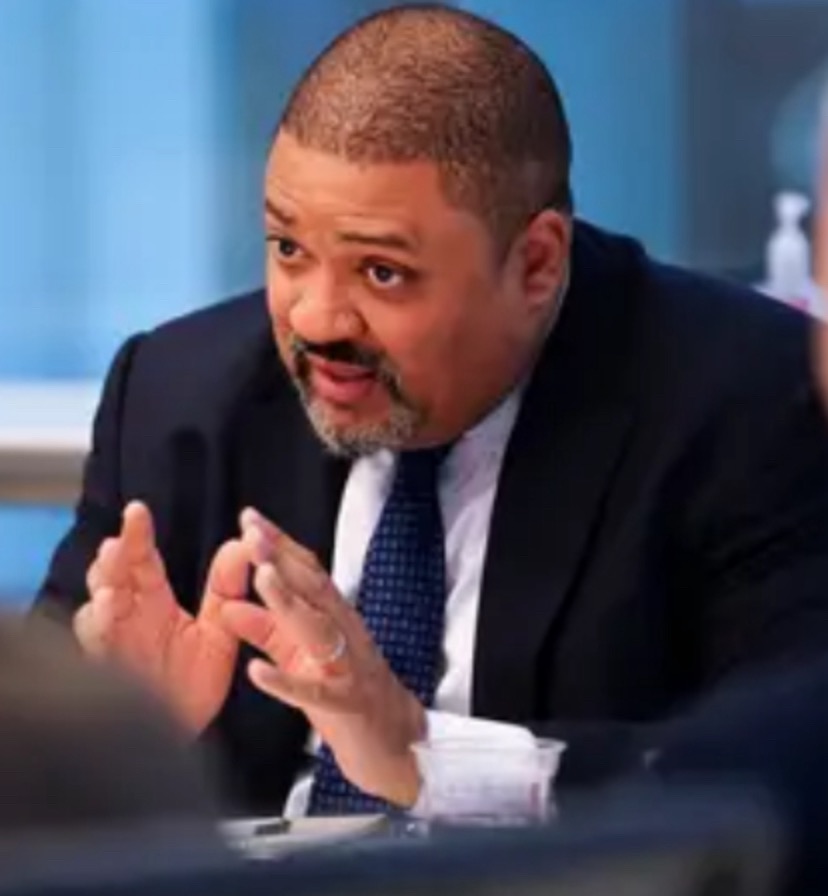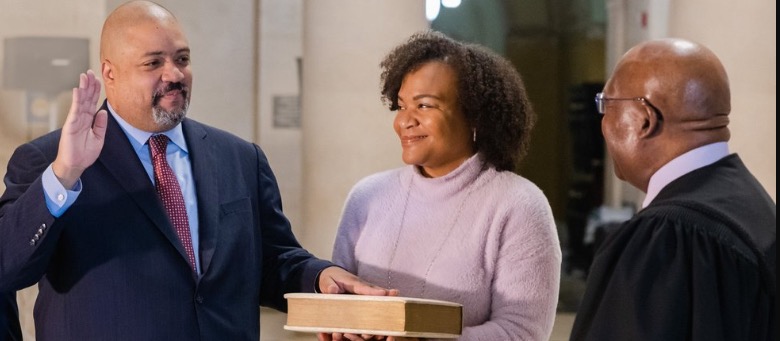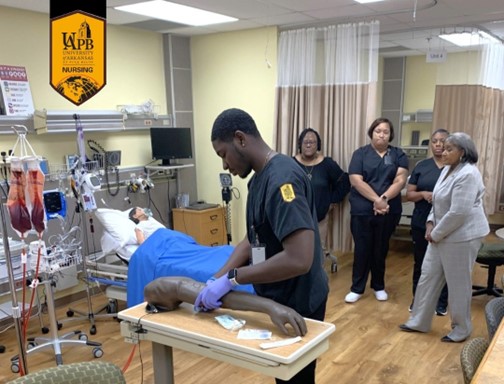Pine Bluff, AR —The University of Arkansas at Pine Bluff
(UAPB) nursing program will receive a $15 million investment to construct a new
academic building as part of a major legislative package championed by U.S.
Senator John Boozman (R-AR).
“I’m proud to deliver investments to Arkansas that support
growth and development as well as improve the quality of life for Natural State
residents. Enhancing UAPB’s ability to provide medical training opportunities
will benefit students and help address the shortage of health care providers in
communities across our state. I look forward to seeing how a new,
technologically advanced facility will serve nursing students and faculty who
will, in turn, serve the needs of Arkansas for years to come,” Boozman said.
According to UAPB Chancellor Laurence B. Alexander, the
funding represents a major investment that will improve our educational
facilities and equipment for preparing future generations of nurses and
addressing the health care workforce needs.
“On behalf of UAPB, I would like to express our gratitude
to Senator Boozman for his commitment to our institution and to this region of
the state,” Dr. Alexander said. “This facility will be a game changer for UAPB.
The funds will enable us to build a technologically advanced nursing school
facility that will strengthen the university’s role in addressing the nursing
shortage and developing and growing the health care workforce across our
state.”
UAPB offers two program tracks: a pre-licensure Bachelor of
Science in Nursing (BSN) degree and a registered nurse to Bachelor of Science
in Nursing (R.N. to BSN) program for nurses who are already licensed. UAPB
Provost & Vice Chancellor for Academic Affairs, Dr. Andrea Stewart, added
that “this investment to construct a new technologically advanced facility
will enhance the foundation of the nursing pre-licensure baccalaureate program.
Additionally, plans are underway to develop and establish new quality health
care programs.”
Dr. Brenda Jacobs, Chair of the UAPB Nursing Department,
applauded the funding as a key milestone in her plans to strengthen the
program. According to Jacobs, the new funding allows UAPB to build upon prior
successes, “There is no doubt that this will allow us to significantly enhance
our program and recruit a new generation of talented nursing students.”
UAPB Nursing Students in Simulation Lab
The legislation was signed into law on March 23, 2024, as part
of funding for health care resources and education, national security,
government oversight, and community investments secured for projects across
Arkansas. Boozman, a senior member of the Senate Appropriations Committee and
Ranking Member of the Senate Military Construction, Veterans Affairs, and
Related Agencies, secured more than $95 million for Arkansas Health Care
Resources and Education in the Fiscal Year 2024 appropriations bills.
Alexander said an investment of this magnitude will
significantly aid UAPB’s goal of elevating nursing to one of its signature
programs. “The great impact of this investment will be felt by the state for
many years to come. Such a facility will attract quality students, faculty, and
staff and enhance the overall quality of the student experience in the new
learning environment,” Alexander said.
The Congressional funds follow a major gift of $1.1 million
that the nursing program received in late 2022 from CHI St. Vincent, a
leading regional health network serving Central and Southwest Arkansas, for
faculty development, student support, and a variety of other program
enhancements. UAPB Vice Chancellor for Institutional Advancement George Cotton
pointed to the future as he assessed the award’s impact. “This level of funding
allows UAPB to build a strong case for increased funding in Nursing and STEM.
In many ways, this award serves as a catalyst that will attract even greater
resources to this great institution.” Cotton stated.
About the University of Arkansas at Pine Bluff
The University of Arkansas at Pine Bluff (UAPB) is an 1890 Land-Grant HBCU with a diverse student population, competitive degree offerings and stellar faculty. For 150 years, UAPB has worked to create an environment that emphasizes learning, growth and productivity while affording a basic need to its students: a chance to advance. UAPB offers certificate and associate degree programs, more than 50 undergraduate and master’s degree programs and a doctoral program in Aquaculture/Fisheries. Students are active in more than 100 organizations, including an internationally renowned Vesper Choir, Marching Musical Machine of the Mid-South Band, Concert Bands, Wind Symphony and an accomplished athletics program.
Contact
Information:
Mary
Hester-Clifton
Director of
Communications | University of Arkansas at Pine Bluff
870.575.4602


 Black History4 years ago
Black History4 years ago
 Black History5 years ago
Black History5 years ago
 Black History3 years ago
Black History3 years ago
 Black History4 years ago
Black History4 years ago
 Black History4 years ago
Black History4 years ago
 Black History8 years ago
Black History8 years ago
 Black History5 years ago
Black History5 years ago
 Black History4 years ago
Black History4 years ago











